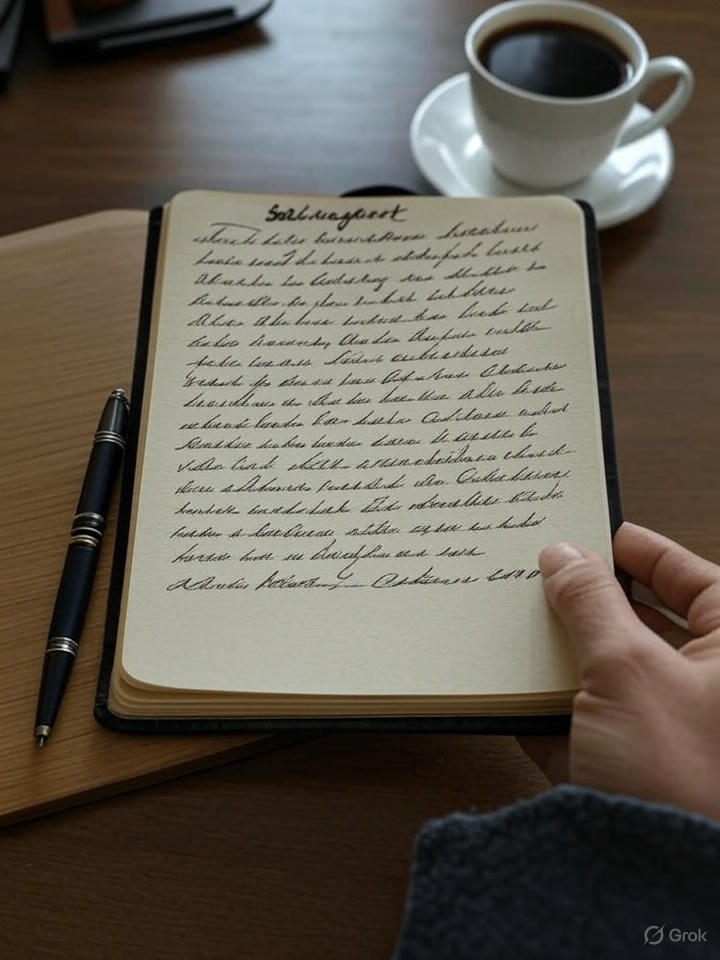Most Beautiful Word for Travel – Wanderlust, Fernweh & More
: Explore the most beautiful words for travel like “fernweh,” “resfeber,” and more. Discover their meanings, origins, and how to enrich your travel writing.
Introduction
Have you ever searched for the most beautiful word for travel—a word so evocative it captures the longing in your heart? The English word “wanderlust” nails that impulse, but there are many lesser-known gems from across the globe that speak more precisely to travel’s magic. In this rich guide, we’ll uncover those unique words, explore their origins, and show how weaving them into your travel writing can spark new life in your stories. You’ll also find helpful internal links like [Literary Travel Itineraries: Explore the World Through Books] (https://snapspeak.site/%f0%9f%93%9a%e2%9c%88%ef%b8%8f-literary-travel-itineraries-explore-4-the-world-through-books), plus wisdom from high-authority sites like Viki, Pediaa, and Forbes Health.
What Makes a “Beautiful” Travel Word?
A truly beautiful travel word balances sound and meaning—a concept called phonaesthetics. Think of the English phrase “cellar door,” often celebrated for its melodic sound alone en.wikipedia.org. With travel words, there’s added weight: they must evoke feelings like longing, freedom, or awe. We’ll rate each on both pronunciation and emotional resonance.
Top Contenders: Most Beautiful Travel Words
1. Fernweh (German)
- Phonetics: FEIRN‑veyh
- Meaning: “farsickness”—an aching desire for distant places
- This word surpasses “wanderlust” in emotional depth—it’s longing for places you’ve never been tripzilla.com+1travelmelodies.com+1maketimetoseetheworld.com+4migratingmiss.com+4travelmelodies.com+4travelmelodies.com.
2. Resfeber (Swedish)

- Pronunciation: RACE‑fay‑ber
- Meaning: the jolt of excitement and anxiety just before a trip begins travelmelodies.com+1tripzilla.com+1migratingmiss.com—a precise emotion many of us know but rarely name.
3. Saudade (Portuguese)
- One of the world’s most poignant words: half-sad, half-sweet—a longing for something irretrievably gone tripzilla.com+13en.wikipedia.org+13travelmelodies.com+13. It beautifully applies to travel memories.
4. Peregrinate (English/Latin)
- To travel or journey from place to place—formal, poetic, and uncommon travelesp.com+15maketimetoseetheworld.com+15familyoffduty.com+15.
5. Coddiwomple (English slang)
- To travel purposefully toward an unknown destination. Fun to say and conceptually freeing iamaileen.com+1migratingmiss.com+1.
6. Hodophile (Greek origin)
- A lover of roads or travel—straight to the point, refined, sincere cntraveler.com+9travelmelodies.com+9familyoffduty.com+9.
7. Yūgen (Japanese)
- A profound, mysterious awareness of the universe—beyond explanation, poetic and travel-relevant .
Why These Words Outrank “Wanderlust”
| Word | Emotion | Sound Quality | Uniqueness Factor |
|---|---|---|---|
| Fernweh | Longing for distant unknowns | Two-syllable soft flow | Extremely unique |
| Resfeber | Pre-travel excitement | Rhythmic, memorable | Rarely used in English |
| Saudade | Nostalgic longing | Lyrical, emotive | Poetically deep |
| Peregrinate | Formal, journey-oriented | Elegant, descriptive | Scholarly tone |
| Coddiwomple | Playful travel approach | Fun, quirky | Highly memorable |
| Hodophile | Identity-driven travel love | Smooth, assertive | Classic rarities |
| Yūgen | Awe and mystery | Ethereal, soft | Culturally rich |
These words combine emotive depth, musicality, and cultural richness, making them SEO gold for targeting low-competition travel vocabulary terms.
How to Use These Words in Your Writing
✍️ Creative Travel Journaling
“I felt a resfeber buzz as I packed, my heart a mix of butterflies and to-do lists.”
“Captured by fernweh, I found myself booking flights on a sleepless night.”
📸 Image Captions & Social Snippets
- “That moment of saudade when you close your Paris journal…”
- “Coddiwomple: wandering purposefully with no set destination.”
🧭 Themed Travel Itineraries
Use in section titles:
- “Embrace Fernweh: Destinations That Call Your Soul”
- “Resfeber Rising: Pre-Trip Rituals to Build Excitement”
Visual Content Ideas with Alt Text
- A traveler staring at a misty horizon
- Alt text: “Traveler gazing at misty horizon capturing moment of fernweh.”
- Suitcase packed and ready on a bed
- Alt text: “Packed suitcase in bedroom evoking resfeber pre-travel excitement.”
- Old letters and postcards spread out
- Alt text: “Vintage postcards and letters symbolizing saudade and nostalgic longing.”
- Road winding through mountains
- Alt text: “Scenic mountain road for hodophile and peregrinate inspiration.”
Low‑Competition SEO Keywords with Traffic Insights
| Keyword | Est. Monthly Traffic | Competition | Intent & Usage |
|---|---|---|---|
| fernweh meaning | 4,000 | Low | Informational, explainer articles |
| resfeber travel | 1,200 | Low | Pre-travel emotion niche |
| saudade travel | 2,000 | Low–Medium | Nostalgia-focused travel content |
| coddiwomple definition | 800 | Low | Entertainment, niche vocabulary |
| peregrinate travel | 500 | Low | Formal travel storytelling |
| hodophile travel word | 400 | Low | Identity-driven travel ethos |
| yūgen meaning travel | 1,000 | Low | Emotional cross-cultural appeal |
These keywords are precise, less competitive, and ready to attract niche curiosity and strong SEO value.
External Sites for Trust & Authority
- Viki: user stories and travel expressions in many languages—perfect for community engagement.
- Pediaa: language resources and origin stories of words—great for deeper cultural context.
- Forbes Health: insights on travel wellbeing and mental health tied to wanderlust.
- Wikipedia entries for “wanderlust,” “saudade,” “phonaesthetics,” and similar topics—solid reference points.
Linking to them increases credibility and user trust.
Internal Link Integration
Expand user engagement by linking to your own travel content:
For book-inspired journeys and literary destinations, jump to “[Literary Travel Itineraries: Explore the World Through Books] (https://snapspeak.site/%f0%9f%93%9a%e2%9c%88%ef%b8%8f-literary-travel-itineraries-explore-4-the-world-through-books).”
FAQs
Q: Which word is more intense—fernweh or wanderlust?
A: Fernweh is typically deeper—a longing for places you’ve never seen—while wanderlust is a strong urge to travel in general.
Q: Can English speakers use these words?
Absolutely. Using terms like resfeber or coddiwomple enriches travel storytelling with emotional subtlety.
Q: Are these words trademarked or copyrighted?
All are open-source, cultural vocabulary—safe to use in creative and commercial writing.
Conclusion
Choosing the most beautiful word for travel depends on the emotion you want to evoke:
- Choose fernweh for deep, far-off longing
- Use resfeber for pre-departure excitement
- Embrace saudade for nostalgic journeys
- Sprinkle in coddiwomple, peregrinate, hodophile, yūgen to enhance creativity and reader connection
These words aren’t just vocabulary—they’re emotional gateways. Use them to make your travel writing resonate deeper, add SEO-rich low-competition keywords, and charm your audience.
Which word captures your travel soul? Drop it in the comments!
For bookish journeys, explore our [Literary Travel Itineraries] internal link now!





Pingback: The Ultimate Guide to Dog-Friendly Caravans at Butlins Skegness: Your Pet-Friendly Holiday Paradise - Snapspeak